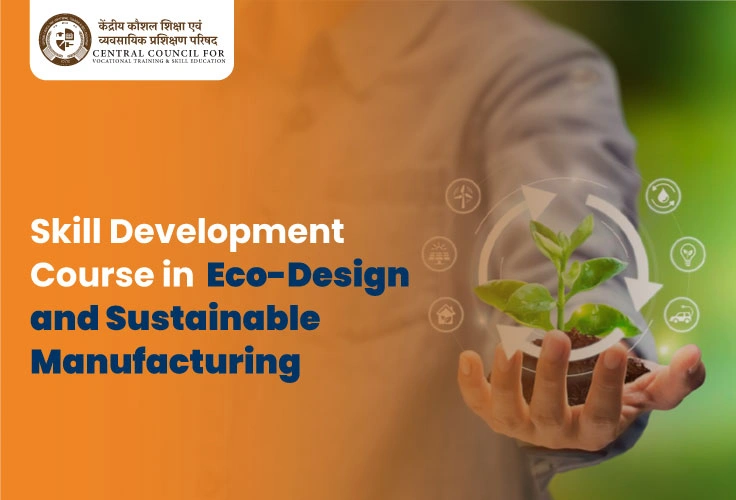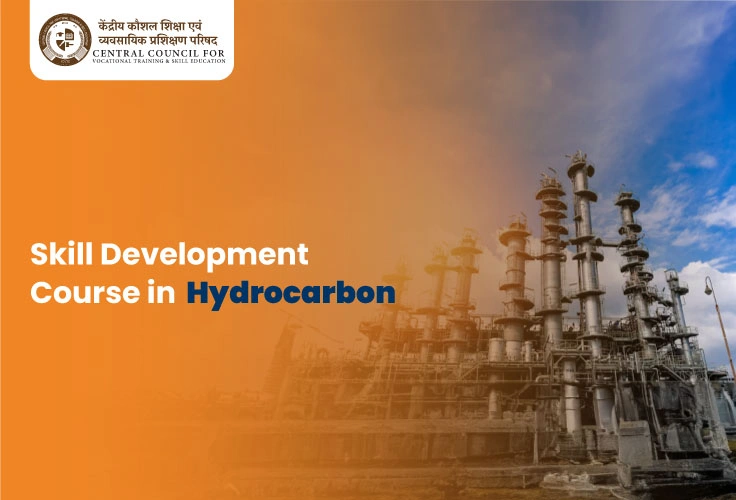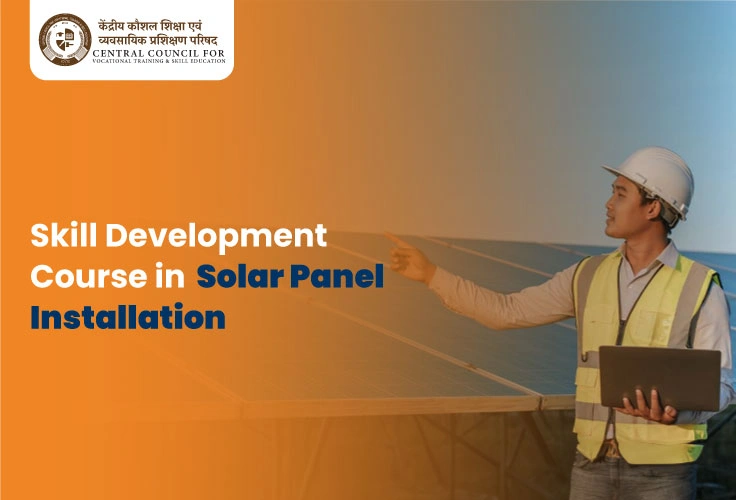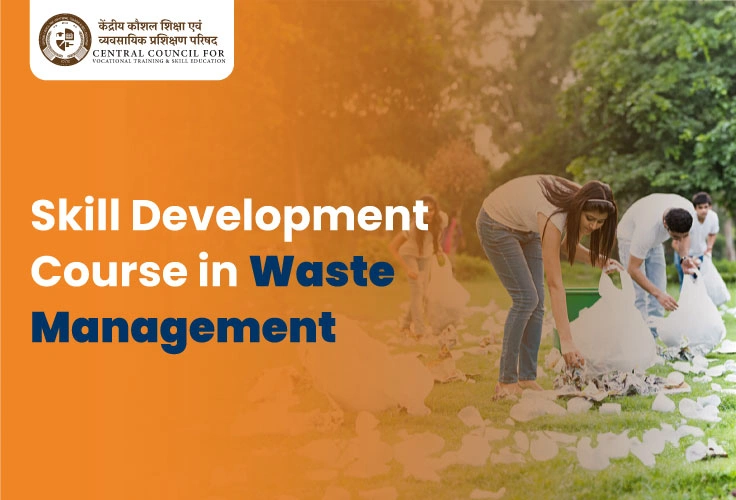- +91 8595350621
- info@ccvte.org
- C4/97B, Keshav Puram, Delhi-110035
Power & Renewable Energy
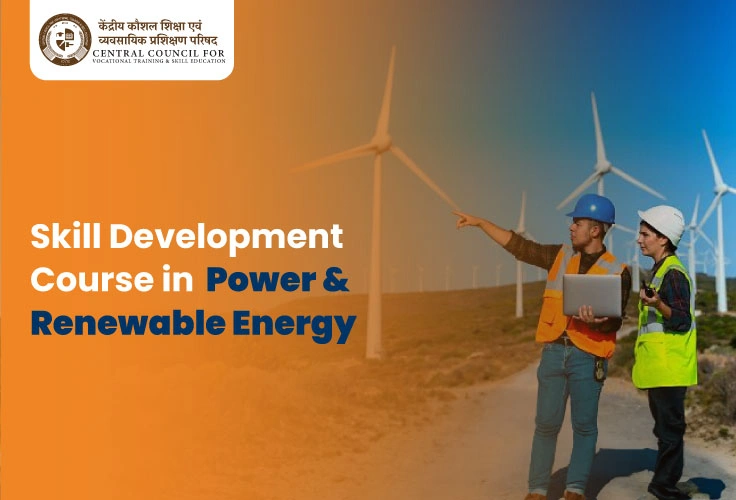
Skill Development Program in Power & Renewable Energy
Power and renewable energy are critical sectors in the global economy, encompassing the generation, transmission, and distribution of electricity derived from sustainable sources. Renewable energy sources include solar, wind, hydroelectric, biomass, and geothermal energy, among others. These sources are considered sustainable because they are naturally replenished and have minimal environmental impact compared to traditional fossil fuels. Power and Renewable Energy typically refer to the generation and utilization of energy from sustainable and environmentally friendly sources. Here's a breakdown: Power: In the context of energy, "power" generally refers to electrical power, which is the rate at which electrical energy is transferred by an electric circuit. Power generation involves various methods such as thermal (coal, natural gas), nuclear, hydroelectric, wind, solar, etc. Renewable Energy: Renewable energy is derived from natural resources that are replenished on a human timescale, such as sunlight, wind, rain, tides, waves, and geothermal heat. Unlike fossil fuels, renewable energy sources are sustainable and produce little to no greenhouse gas emissions during energy production.
Why did you choose Power & Renewable Energy from CCVTE?
Choosing a Power & Renewable Energy course from a CCVTE offers several advantages:
- Industry-Relevant Curriculum: We provide up-to-date and practical knowledge that aligns with current industry standards and demands.
- Expert Instructors: Our courses are typically taught by experienced professionals and researchers who are leaders in the field, ensuring high-quality instruction.
- Hands-On Experience: Our courses offer hands-on projects and real-world case studies, allowing you to apply theoretical knowledge and build a robust portfolio.
- Networking Opportunities: Enrolling in Our courses we can provide networking opportunities with peers, instructors, and industry professionals, which can be valuable for career growth.
- Certification: Upon completion, you often receive a recognized certification or diploma that can enhance your resume and improve job prospects.
- Access to Resources: Our courses usually provide access to a wealth of learning materials, tools, and platforms that can facilitate deeper understanding and practical skills development.
- Career Support: We provide career support services such as job placement assistance, resume reviews, and interview preparation, helping you transition into the workforce more smoothly.
Specializations in About Power & Renewable Energy
- Solar Energy Engineering
- Wind Energy Engineering
- Hydropower Engineering
- Bioenergy and Biofuels
- Energy Storage Systems
- Smart Grids and Sustainable Energy Systems
- Energy Policy and Sustainability
- Environmental Impact Assessment in Energy
- Energy Efficiency and Management
Career opportunities
After completing a Power & Renewable Energy course, individuals can pursue various career opportunities across different sectors. Here are some potential career paths:
- Renewable Energy Engineer
- Energy Consultant
- Project Manager
- Policy Analyst
- Research and Development (R&D) Engineer
- Energy Efficiency Specialist
- Environmental Analyst
- Sustainability Manager
- Grid Integration Specialist.
- Entrepreneurship and Startups
Power & Renewable Energy Course Syllabus
|
3 months |
6 months |
1 year |
2 years |
|
Introduction to Power & Renewable Energy |
Introduction to Power & Renewable Energy |
Introduction to Power & Renewable Energy |
Introduction to Power & Renewable Energy |
|
Solar Energy Basics |
Solar Energy Basics |
Solar Energy Basics |
Solar Energy Basics |
|
Wind Energy Basics |
Wind Energy Basics |
Wind Energy Basics |
Wind Energy Basics |
|
Energy Efficiency |
Energy Efficiency |
Energy Efficiency |
Energy Efficiency |
|
Advanced Solar Energy |
Advanced Solar Energy |
Advanced Solar Energy |
|
|
Advanced Wind Energy Systems |
Advanced Wind Energy Systems |
Advanced Wind Energy Systems |
|
|
Bioenergy and Biomass |
Bioenergy and Biomass |
Bioenergy and Biomass |
|
|
Hydropower |
Hydropower |
Hydropower |
|
|
Geothermal and Ocean Energy |
Geothermal and Ocean Energy |
||
|
Hybrid Renewable Energy Systems |
Hybrid Renewable Energy Systems |
||
|
Energy Policy and Management |
Energy Policy and Management |
||
|
Sustainable Energy Systems |
Sustainable Energy Systems |
||
|
Energy Auditing and Management |
|||
|
Research and Development in Renewable Energy |
|||
|
Renewable Energy Project Management |
|||
|
Capstone Project/Thesis |
Top hiring Companies
- LineVision
- Greentech
- West Monroe.
- UL Solutions.
- Deep Sky.
- Scale Microgrids.
- Energy Solutions.
- Key Capture Energy.
- Restaurant Technologies
- Arevon Energy, Inc.
- Ignitis Group
- Meridian Energy
- Highland Electric Fleets
- Enapter
- Plus Power
Other Green Jobs Courses Provided by CCVTE
Frequently Asked Questions
The duration of a Power & Renewable Energy course can vary, but they typically range from 3 months to 2 years ,depending on the program and whether you are studying full-time or part-time.
The course covers topics such as energy generation, distribution, and management, with a focus on renewable sources like solar, wind, hydro, and bioenergy. It also includes energy efficiency, sustainability practices, and technological advancements in the energy sector.
Because renewable energy is a very important part of transitioning to sustainable energy. It has a huge career scope now-a-days.
Renewable Energy Engineer ,Energy Consultant ,Project Manager ,Policy Analyst ,Research and Development (R&D) Engineer ,Energy Efficiency Specialist ,Environmental Analyst ,Sustainability Manager.
- Design and analysis of renewable energy systems
- Installation and maintenance of renewable energy technologies
- Energy efficiency assessments
- Use of software tools for modeling and simulation of power systems

